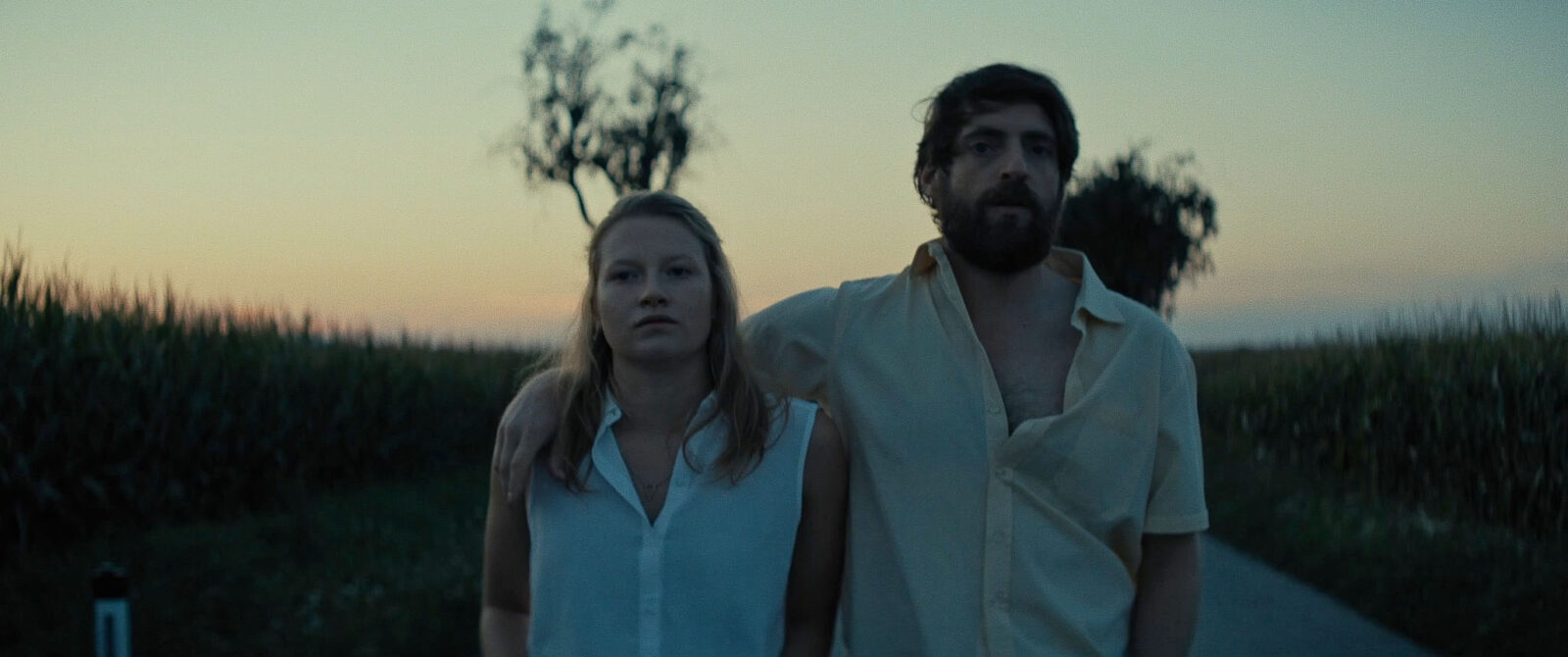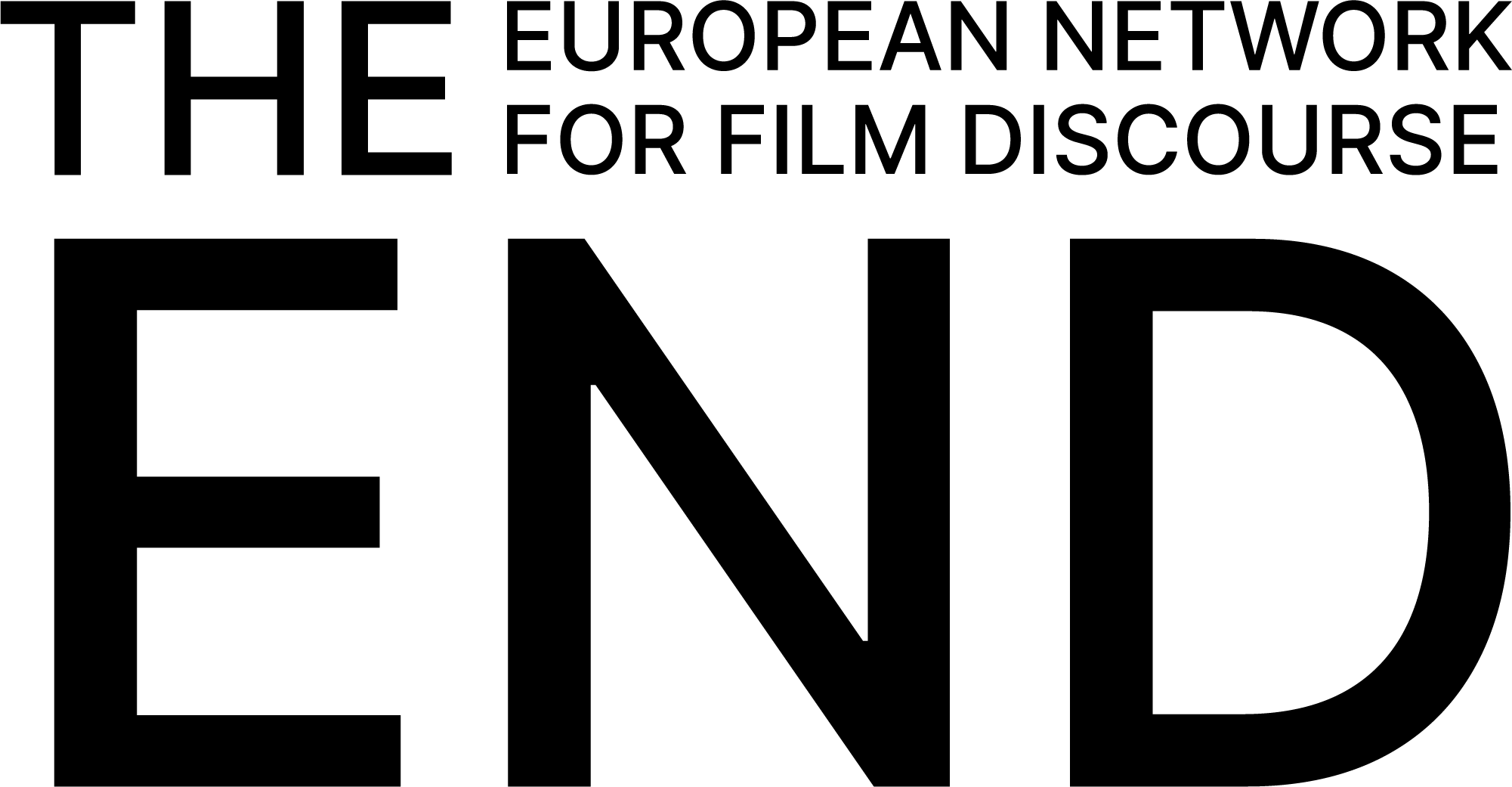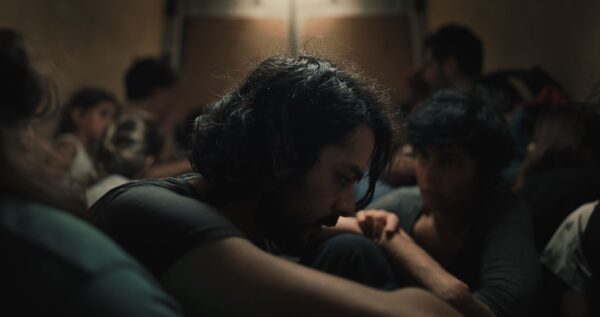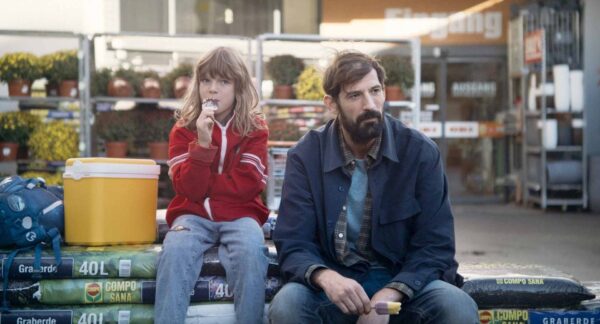A Solved Mystery Gone Wrong
Until I Lie Still
Yana Eresina’s family drama on toxic masculinity and femicide forces us to solve puzzle after puzzle.

Is there anything sexier than a film full of secrecy and strangeness set in a vacation home during an Austrian summer? Not really, according to filmmaker Yana Eresina, whose short Until I Lie Still screened in the Austrian competition of Vienna Shorts 2023. Promoted in the festival’s catalogue as a film tackling “toxic masculinity and social unease”, the viewing experience one would expect is that of a heavy family drama—which is correct, but only to a certain extent.
The film follows Martyna, Niki, and Yasmin, three sisters who strive to sell their mother’s summer home, deemed an impossible task by Niki, as “it’s going to be difficult, after such an incident”. Immediately, the focal point of the story and also of the audience’s attention becomes this “incident”. What happened? Why are potential buyers refraining from living in this place? These questions combined make up for the mystery genre trope called the “Driving Question” which refers to a core part of the story that remains unknown until a big reveal.
This sense of mystery had already been established from the opening sequence onwards, when the film cuts between the inside of a house and out-of-focus images of what the viewer slowly comes to realise is a nighttime forest. The ambivalent sound design helps build a tension to climax when the title card finally appears. After this intriguing start, characters and conflict are introduced in a rather classical manner. The narrative that unfolds after that intriguing start is very classic: it builds towards answering the initial question, in a way which is not only inadequate, but also unoriginal.
Though there are three sisters on screen, Yasmin’s presence is questioned. Martyna supposedly feels a certain coldness on shoulder and a group of boys almost run her sister over with their bikes, leaving one to wonder whether Yasmin is perhaps a ghost. The film’s stance is an adamant “No”, as both Niki and Franky (a single dad of two daughters who is, one assumes, their neighbour and Yasmin’s lover) constantly acknowledge her existence throughout. Curiosity is fueled and a spark is ignited: this short film might actually bring something fresh to the mystery genre.
The audience is immersed in a beautifully enigmatic atmosphere with an intricate web of scenarios as to why Martyna is not on speaking terms with Yasmin and an unnamed event still hovering above its heads. Cinematography, sound design, and editing mesmerise and offer a trance-like experience. The juxtaposition between the colourful images of nature, swimming in the river or biking through the countryside, and the flashes of dark places, closets, or barely lit rooms bring the viewers into a state of unease. It’s also the match-on-action editing and how the camera lurks in the forest after dark that amplify this edginess. It’s the ominous sound design and score that suggests there’s always something creeping in the corner. As your imagination takes over, you’re picturing the worst situations. It’s the fact that somebody is constantly either whispering or calling out Yasmin’s name, the intonation changing from mystifying to saddening, to a question. As this unknown female voice accompanies Yasmin, the mystery behind its presence in the film builds. Is it warning, seeking, or helping her come to a painful realisation? Everything is mashed up together endlessly, going from one idea to the next, just like thoughts link together trying to solve a puzzle.
And yet there’s one thing that never changes: Yasmin’s clothes. At first glance, it seems natural, as lazy summer nights don’t necessarily call for an elaborate wardrobe, but Eresina isn’t going for the thrifty girl; she opts for the dead-girl-killed-by-the-semi-boyfriend. It’s the plot twist we suspected so early on, but were reassured was wrong: Yasmin is indeed a ghost. As the neighbour/lover abruptly transforms from a loving father to someone who needs anger management therapy, the camera eventually shows the ugly truth. Even if the fatal “incident” happens off-screen, just out of sight. It’s understandable at this point then that Yasmin’s interactions with Franky are flashbacks—it all happened in the past. It was before he smashed a beautiful blue vase on her head, the one she kept spitting out repeatedly, perplexed, trying to piece the fragments together.
Of course, no explanation is provided as to why Franky ends her life. On the one hand, it’s appropriate as men need no reason to resort to femicide, a phenomenon we’ve seen escalate these past few years in countries all over the world, mine (Greece) included. On the other hand, Franky becomes a sort of tool, a two-dimensional character with no depth and no reason to exist other than to walk around with his penis out and proud, always ready for sex.
Even if it’s superficial, at least this part of the plot is neatly tied up in a bow, but the reason Niki can still see her dead sister is a no-access zone. This door is never opened, but it’s also the reason why Until I Lie Still insists on not being yet another ghost story. As a result, every scene where the two sisters share the screen becomes nonsensical. It may be a mere plot device to mislead the audience, but it takes so much screen time that it feels like a waste. Perhaps the implicit way out of this conundrum is to conclude everything is an unsolved mystery, but unfortunately, that would be unfair to the film itself. There was immense potential to tell a story of toxic masculinity and femicide, and though the overall quality of the film is excellent in terms of atmosphere and technique, at some point, one snaps out of this haze and realises that the story itself took a back seat when it really shouldn’t have. It’s almost like looking at a beautiful cake in awe, but the moment you taste it, it’s just blunt.
This text was developed during the European Workshop for Film Criticism #1—a tandem workshop set during Filmfest Dresden and Vienna Shorts—and edited by tutor Ricardo Brunn.
The European Workshop for Film Criticism is a collaboration of the European Network for Film Discourse (The END) and Talking Shorts, with the support of the Creative Europe MEDIA programme.










There are no comments yet, be the first!